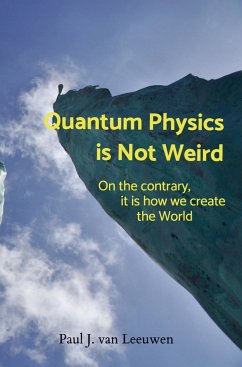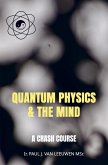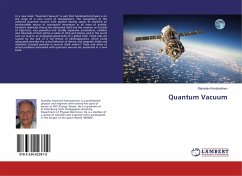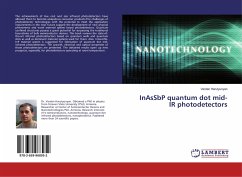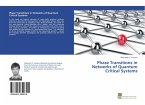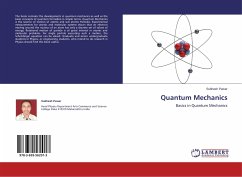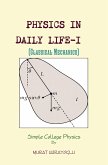The materialistic Newtonian model of the world is an excellent and extremely powerful scientific tool. However, when it is the only tool that we allow in our search to understand the universe, it becomes a confusing stumbling block. If you allow a hammer as your only tool, everything you encounter will start to look like a nail. In a lot of articles and books popularizing physics by 'hammering' physicists and physics writers it seems obvious that Newton's objective material reality is still unrefuted in their way of thinking, and often precisely when it concerns quantum physics. This leads to literally incomprehensible statements, like particles being also waves and traveling physically every possible path.Trying to preserve Newtonian materialism as the only allowed description of reality ensures misinterpretation and clouds our minds in quantum confusion. Notably when the mind of the observer enters the stage.All the important interpretations of quantum physics are treated extensively in this book, either materialistic or consciousness oriented. It is up to the reader to make his or her own informed choice between them. No mathematics needed.
Bitte wählen Sie Ihr Anliegen aus.
Rechnungen
Retourenschein anfordern
Bestellstatus
Storno

